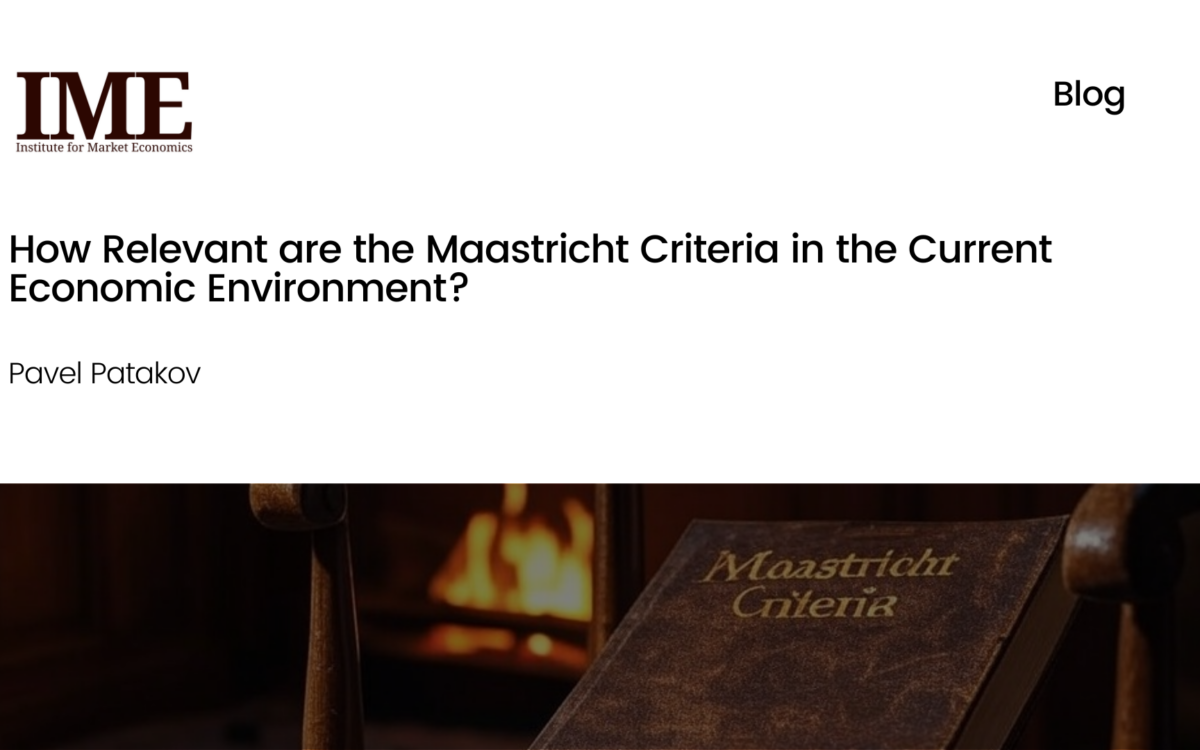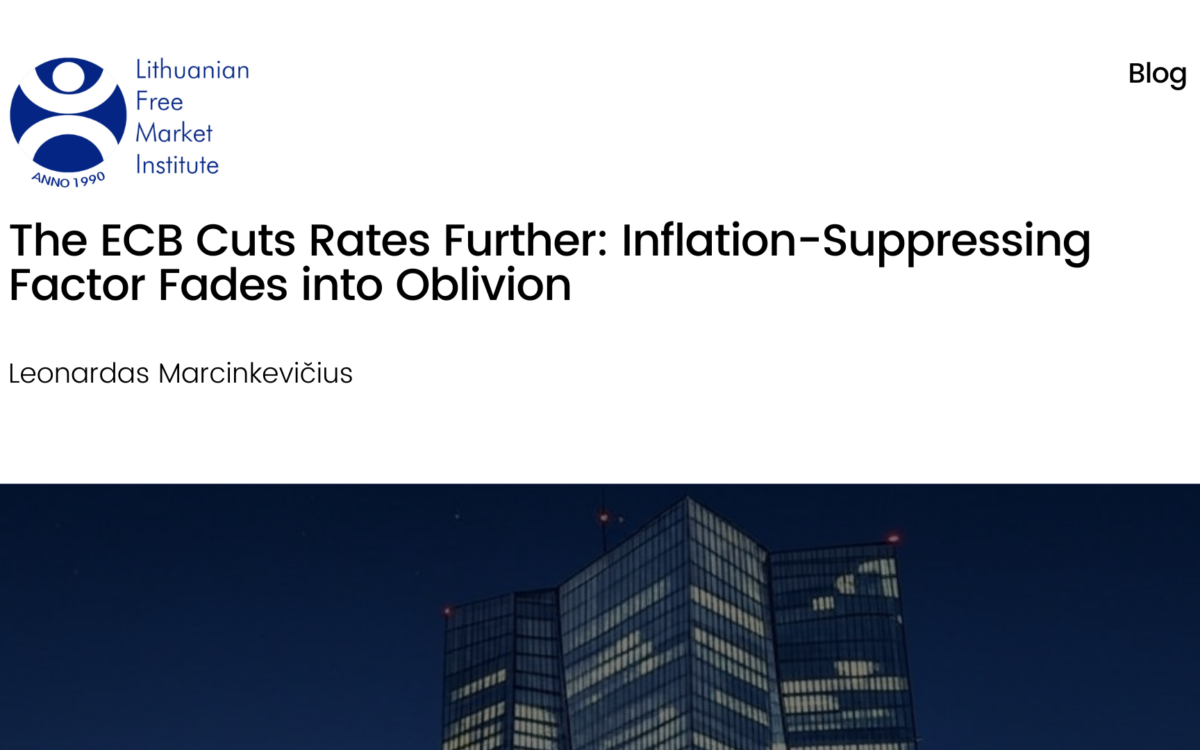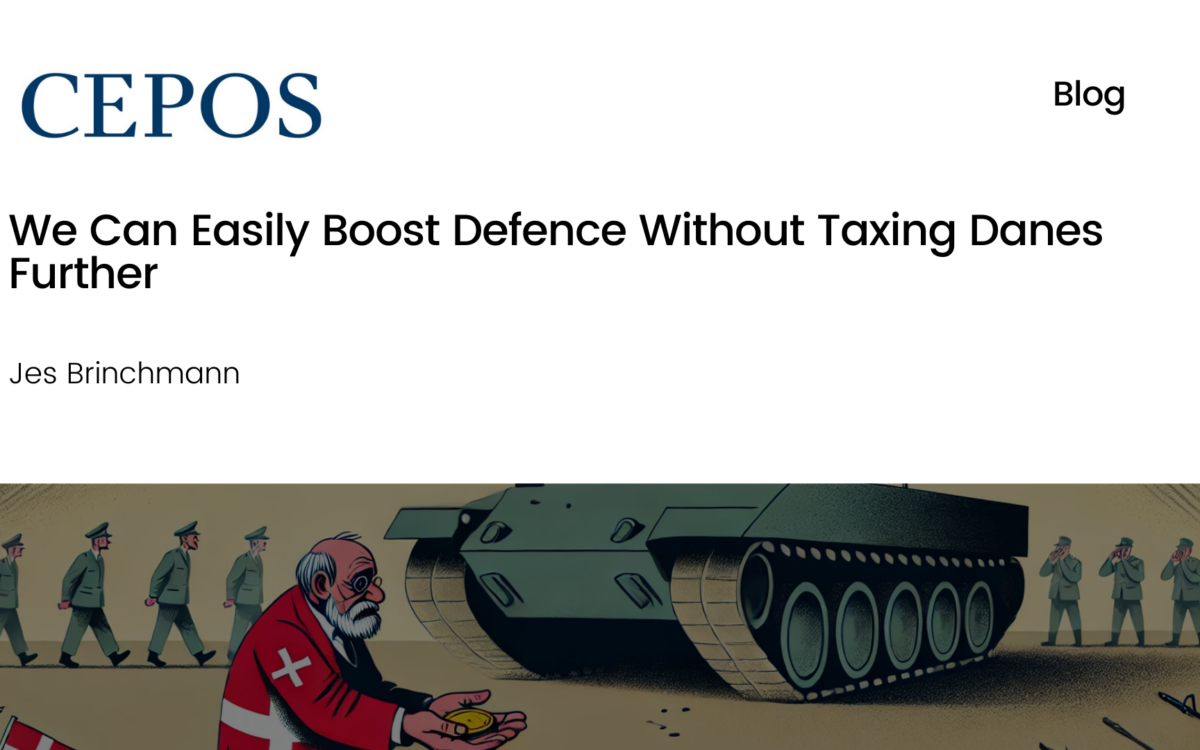Portugal at the Crossroads

Portugal at the Crossroads
André Azevedo Alves // 18.11.2015
The Portuguese parliamentary election that took place on 4th October delivered a result that very few would have anticipated one year before election day. Until the last few months before the election, the unpopularity of the ruling centre-right coalition that implemented four years of “austerity” seemed poised to culminate in an overwhelming victory for the main opposition party, the centre-left Socialists (PS). In fact, their current leader – António Costa – came to that position only after the previous leader – António José Seguro – won the European elections by a margin that was denounced as unacceptably small, given the circumstances. An absolute parliamentary majority for PS was the only politically acceptable outcome.
It was thus shocking to many that the ruling centre-right coalition managed to renew its victory in early October, even if it fell short of an absolute majority (the coalition got 38.6 per cent of the vote – more, by comparison, than the 36.1% obtained by the British Conservatives in the 2015 general election – but the proportional system in Portugal makes it harder to obtain an absolute majority). The Socialist Party was faced with a crushing defeat that was unthinkable until the last few months before the election. Three key factors contributed to this result: first, the accumulation of indicators that pointed towards (some) economic recovery; second, Syriza’s disastrous experience in Greece; and third, a series of blunders in the Socialist Party’s electoral campaign.
Although Costa led PS to a disastrous electoral defeat, the fact that the centre-right coalition’s victory fell short of an absolute majority provided him with one last card to play: trying to form an unprecedented alliance with the Portuguese extreme left. In order to try to ensure his political survival, Costa turned towards the Portuguese Communist Party – one of the last few remaining unreformed Communist Parties in Europe – and to the Left Bloc, a Syriza-like coalition of several strands of radical leftists. Given PS’s weak electoral showing, Costa needs to ensure active support from both forces in order to gather sufficient parliamentary support to govern. This is an uneasy and unnatural coalition, not only because the centre-left PS has traditionally been clearly opposed to the far-left forces (and vice versa) but also because there is strong rivalry and animosity between the Portuguese Communist Party and the Left Bloc.
On 22nd October, the Portuguese President Cavaco Silva followed the traditional constitutional practice of nominating as prime minister the leader of the winning political force and this was Pedro Passos Coelho, leader of the centre-right coalition. It is worth noting that in 22 out of 40 years of democracy in Portugal, the left – when considered as a whole – had an overall majority but the Socialist Party never governed in an alliance with the far left. Traditionally, the most voted political force has formed a government, even if it does not obtain an overall majority. This time, however, it was different and, because of Costa’s overture, PS joined the far-left forces in rejecting the new government in parliament, therefore prompting a political crisis.
It is important at this point to note that Portugal has a semi-presidential system. This means – an important fact that some analysts and commentators apparently have failed to understand – that the President is not constitutionally obliged to accept any governing solution that is presented to him by the parties (just as he cannot impose his own preferred governing solution against the parliament’s will). In the Portuguese semi-presidential system, the President must take into consideration the electoral results but has full constitutional (as well as political, since he is elected by an overall majority of voters via direct universal suffrage) legitimacy and authority to evaluate whatever proposals the parties put forth to him and to decide in accordance with his own political judgement.
On his October 22nd speech, Cavaco Silva was clear in stating that he could not then see any alternative governing solution that was “stable, enduring, and credible”. Since then, and after weeks of negotiations, the leader of the Socialist Party was only able to secure separate agreements with the far-left forces. These separate agreements are vague on any specific commitments except for the willingness to form a negative coalition to oust the ruling centre-right coalition.
In fact, shortly after the separate agreements were signed, the leader of the Portuguese Communist Party, Jerónimo de Sousa, publicly announced that he would not commit to support even the new government’s first budget. At the same time, the Portuguese Communists launched a series of aggressive legislative initiatives aimed at reversing prior government measures and putting additional pressure on the Socialist Party. For her part, the leader of the Left Bloc, Catarina Martins, chose to react with harsh public criticism to an interview given to the Financial Times by Mário Centeno – the Harvard-trained academic who is poised to take the role of Minister of Finance in a possible PS government. Whereas Centeno tried to calm international investors and ensure the credibility of a future Socialist government and its unyielding commitment to remain part of the Eurozone, Catarina Martins was quick to react on an interview on national television condemning Centeno’s stance on public debt and stating that her party has a “very different position” about that matter.
This is the current state of affairs concerning the alliance forged by Costa with the Communist Party and the Left Bloc and it is against this background that the Portuguese President needs to make what will probably be his most difficult decision in his 10 years in the Presidency.
This unprecedented situation in Portuguese politics comes a few days before the 40th anniversary of the November 25 attempted coup, carried out in 1975 by Portuguese left-wing extremists that tried to stop the democratic transition initiated in 1974. At the time of this failed attempt to impose a Communist dictatorship, Portugal was on the verge of a civil war and the far left extremists were successfully stopped by moderate elements in the Portuguese Armed Forces and through the energetic action of moderate political forces. Ironically, first and foremost among these forces in 1975 was the Socialist Party, then led by Mário Soares, which played a decisive role in preventing the extreme left from getting into power.
André Azevedo Alves is a Lecturer at the Institute for Political Studies of the Catholic University of Portugal and a columnist at Observador.
EPICENTER publications and contributions from our member think tanks are designed to promote the discussion of economic issues and the role of markets in solving economic and social problems. As with all EPICENTER publications, the views expressed here are those of the author and not EPICENTER or its member think tanks (which have no corporate view).



